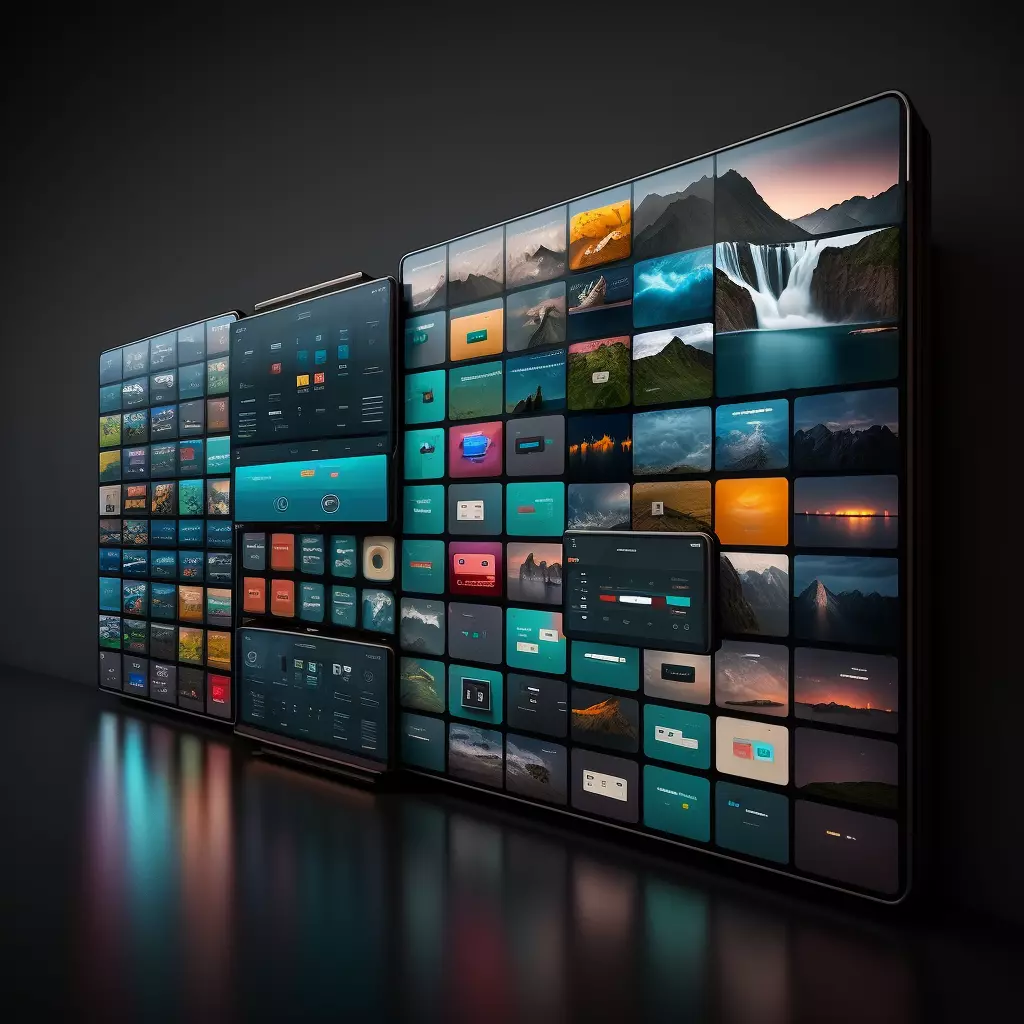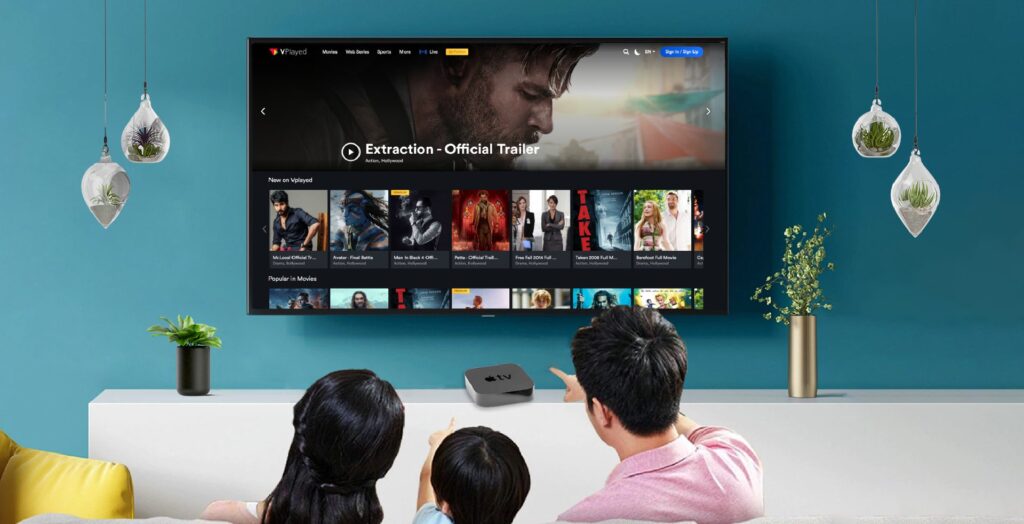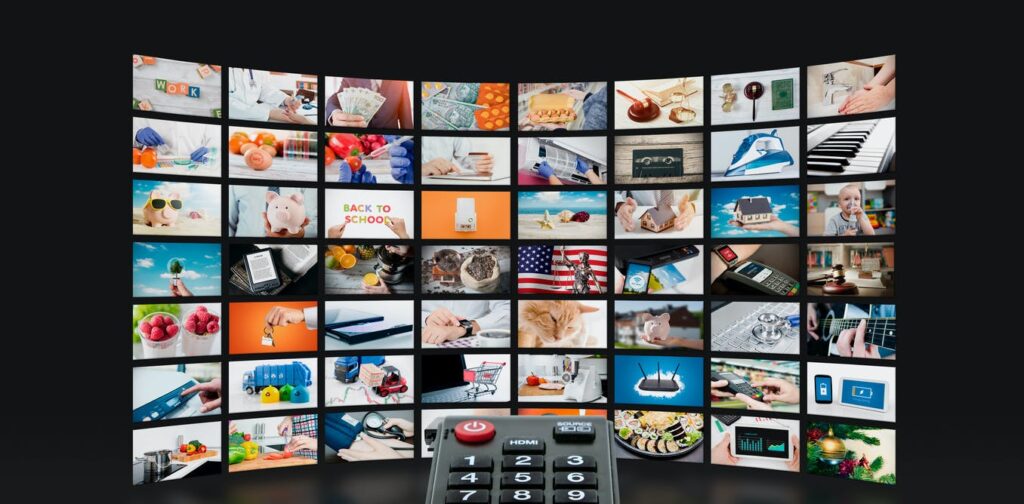The way we enjoy television has evolved dramatically. Traditional cable is no longer the only option, and many households are turning to IPTV. The promise of more control, a wide variety of channels, and affordable pricing are all reasons why people are drawn to this service.
But does IPTV hold the key to the future of home entertainment? Here’s a breakdown based on what industry experts are saying.
Key Points
- IPTV offers flexibility and a broad selection of channels.
- Experts agree IPTV may replace traditional cable in the future.
- The quality of content and availability is improving.
- Concerns about legality and reliability exist.
- Cost-effectiveness makes IPTV appealing to many.
IPTV and Why It Stands Out
IPTV, short for Internet Protocol Television, differs from traditional TV by delivering content through the Internet rather than satellite or cable. This method allows viewers to watch shows and movies on-demand, record live TV, and even access international channels from anywhere with an internet connection.

Legal and Technical Concerns
Some question the legality of specific services. It’s important to note that not every Internet Protocol TV service operates within the legal boundaries. Some stream content without proper licensing, which can lead to shutdowns or fines for users. Researching the service you’re interested in is essential to ensure it operates lawfully.
Reliability is another key factor. Because IPTV depends on your internet connection, a weak or inconsistent signal can affect the viewing experience. Buffers, lag, or dropped streams are not uncommon if the network isn’t strong enough. That said, high-quality services guarantee uptime, like the 99.9% uptime offered by IPTV Sverige. Services with such promises are usually a safer bet.
IPTV’s Potential to Replace Cable
Several experts agree that IPTV might soon become the dominant form of entertainment at home. They point out that the ability to choose what you want to watch, combined with the freedom to watch it on your preferred device, is what attracts users. IPTV services provide access to a vast range of content without the limits imposed by traditional cable packages.
For many, the control IPTV offers is a game-changer. It frees users from the rigid scheduling of cable TV and allows for a more tailored viewing experience. You don’t have to settle for channels you don’t watch just because they come bundled in your cable package. With IPTV, you pick and choose what matters to you. That kind of customization appeals to the modern viewer.

The Economics of IPTV
For the same price or less, than a standard cable package, users can access thousands of channels. Additionally, there are fewer hidden fees. The flexibility to pick and pay only for what you use makes it an attractive option for budget-conscious households. Most IPTV services offer monthly or yearly subscriptions, which can sometimes be cheaper than signing up with a traditional cable provider.
Some IPTV services even provide free trials, letting you explore their offerings before making a commitment. This “try before you buy” model isn’t something that cable providers generally offer.
User Control and Customization
Another feature experts emphasize is the control IPTV offers over content. Viewers can decide what to watch and when. Some services allow you to pause live broadcasts or rewatch certain programs. The recording option is particularly useful for those who don’t want to miss live events but can’t watch them as they happen.
This control extends to the type of content available. With IPTV, you’re not limited by region. It’s easy to access channels from other countries, including niche markets that may not be available through standard cable packages. That kind of variety appeals to a diverse audience who want more than just the basics.

IPTV in the Future
The shift from traditional TV to internet-based services isn’t slowing down. As internet speeds increase and technology advances, the quality of Internet Protocol TV will improve even further. The convenience of watching on-demand, combined with access to international programming, will likely continue to push IPTV ahead.
What we’re seeing is a transition phase. Some households are holding on to their cable subscriptions, while others are moving entirely to IPTV. Experts believe that within a decade, IPTV could replace traditional cable for most users. Its flexibility, affordability, and variety offer more than cable ever could.
Conclusion
Is IPTV the future of home entertainment? Based on expert opinions, it’s safe to say that IPTV has a strong chance of becoming the dominant form of television. The convenience, affordability, and wide selection of channels appeal to viewers tired of the old cable model. But like anything, it has its challenges—legality and reliability being the two most significant concerns.
For those willing to make the switch, IPTV offers exciting possibilities.







